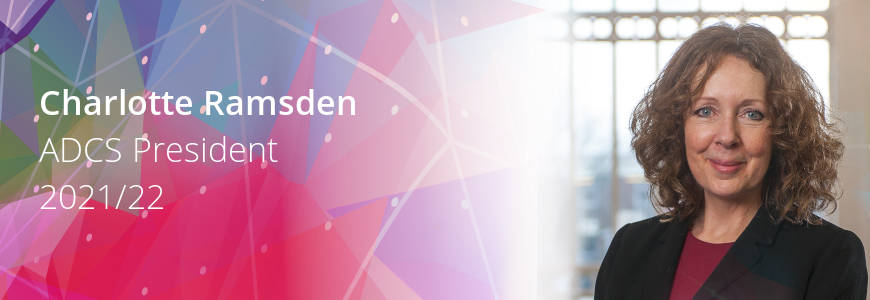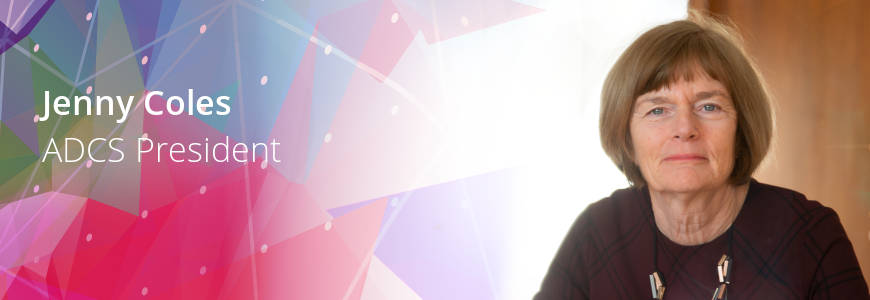Use of unregulated settings

Commenting on the use of unregulated care settings, Charlotte Ramsden, Chair of the ADCS Health, Care and Additional Needs Policy Committee, said:
“Unlike children’s homes, which are registered with Ofsted and inspected regularly, minimum standards for unregulated 16 plus provision are not set out in law. If used well they can provide appropriate and flexible options but we recognise and share the concern that this is not always the case. It requires local authorities to make sure a young person’s needs are matched to the service and authorities must take their own steps to ensure that needs are met and that the accommodation is suitable. This should be done via a proper plan as well as quality assurance and monitoring. This will include health and safety considerations, auditing staff DBS checks and assessing the suitability of landlords, plus conducting unannounced visits and providing support plans for young people. Local authorities may also choose to work together to hold providers to account and address poor practices by putting in place improvement plans or ceasing to commission services where previously identified actions have not been resolved.
“We recognise the role unregulated provision can play within the care placement market and the flexibility it offers when linked to a clear plan based on the needs of a young person and a clear support plan. There is a distinction to be made between using it as part of a considered move compared with using it to deal with a crisis when no other accommodation is available. Total regulation would limit this flexibility so we are keen to see all providers take their responsibilities seriously and welcome increased expectations around standards and transparency as to how those will be delivered.”
Related Articles
Charlotte Ramsden comments on the separation of siblings in care
In General
Stuart Gallimore comments on a HMI Prisons and HMI Probation report on youth...
In General
ADCS President’s address at the National Children and Adult Services...
In General
During the first few months of the pandemic all of us managed to adapt and...
In General
Commenting on the Department for Education’s adoption announcement
In General
Jenny Coles responds to the OCC report on the use of unregulated settings
In General
Edwina Grant OBE Chair of the ADCS Health, Care and Additional Needs Policy...



